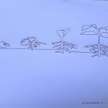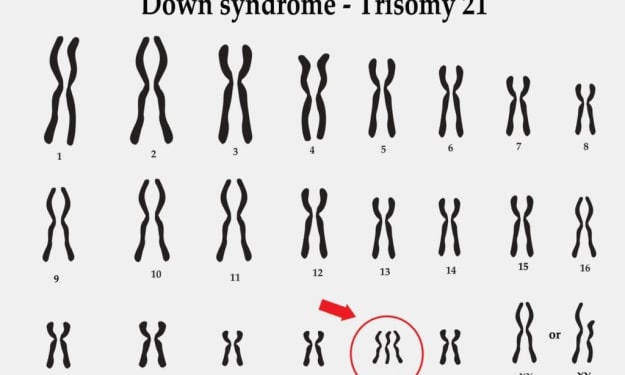Professor Dave here, and I want to discuss the universe with you. Of all the qualities that define us as human, our relentless pursuit of knowledge may be the most defining. We are never content with the unknown, always searching, always trying to make sense of our surroundings and our place within them. One of the most awe-inspiring aspects of the human experience has been the simple act of gazing up at the night sky. Today, we understand a great deal about stars, planets, and galaxies, yet the sight remains profoundly captivating. Imagine, however, looking up at that same night sky thousands of years ago, with no comprehension of what those distant points of light could be. What are these celestial objects? What is the universe as a whole, and just how vast is it? Is it truly infinite? Where did everything, including us, originate? These are the grandest questions that humanity has dared to ponder, and from this perplexity, this gnawing curiosity that arose each time the sun set, the first science, astronomy, was born.
As we know from ancient texts, early astronomy dates back at least to the first known civilization, Mesopotamia, and likely much further. In those times, there was no distinction between science and mysticism. As a result, our initial attempts at answering those big questions about the universe amounted to little more than elaborate mythologies - campfire stories of creation and other fictional narratives. We saw in the night sky a drama unfolding, much like the one that takes place each day on Earth, and we projected earthly figures and imagery onto the stars. While much of this activity was nothing but the hubris of humanity on the grandest scale, it did mark what was probably the first large-scale gathering of empirical data. We came to know the night sky intimately, charting the movements of every glistening star and luminous object, slowly becoming able to predict their locations with great precision, and thus deciphering the Earth's seasons and other natural phenomena.
Although it would be many centuries before we came to understand the true nature of these celestial objects, this nighttime wonder sparked our journey of scientific discovery. Over the centuries, astronomy has matured, more recently birthing the fields of astrophysics and cosmology, which together represent our detailed study of the universe. Considering our present-day knowledge in the 21st century, we have learned so much about the universe that we have begun to answer even those most fundamental questions about existence. We now have a very firm understanding of the universe's age, and we even know a great deal about how it must have begun.
To the non-scientist, this claim may seem absurd. How can we know such things? How can we be so presumptuous as to even attempt to know them? And yet, we have tremendous amounts of empirical data to support our current model of the universe. And once you learn about astronomy, the basis for this knowledge can become quite clear, even to the layperson with no scientific training.
In this series, we will begin by attempting to describe the basic components of the universe in roughly the chronological order in which they formed. That means starting with energy and the most basic constituents of matter, then moving on to stars and galaxies, then the planets that came to orbit those stars, and eventually getting to more exotic objects and concepts. Once we have covered the basics, producing a comprehensive view of the history of the universe, we will then be ready to delve into some trickier specifics. As we explore theoretical physics, astrophysics, and cosmology throughout these tutorials, we will sometimes examine concepts that are extremely complicated, but we will do our best to approach these topics in a balanced way.
Whatever your reason for watching this series, once you're through, you will have a solid conceptual understanding of the universe and everything in it, or as much as is available to mankind at the present. As for the questions that remain, maybe you can help answer some of them, and become part of the story we continue to tell about the dark expanse above us, the abyss of possibilities that holds the future of humanity in its swirling glow. But enough with the poetry, let's learn some astronomy!
About the Creator
Enjoyed the story? Support the Creator.
Subscribe for free to receive all their stories in your feed. You could also pledge your support or give them a one-off tip, letting them know you appreciate their work.





Comments (1)
Oh it is super and like to read!